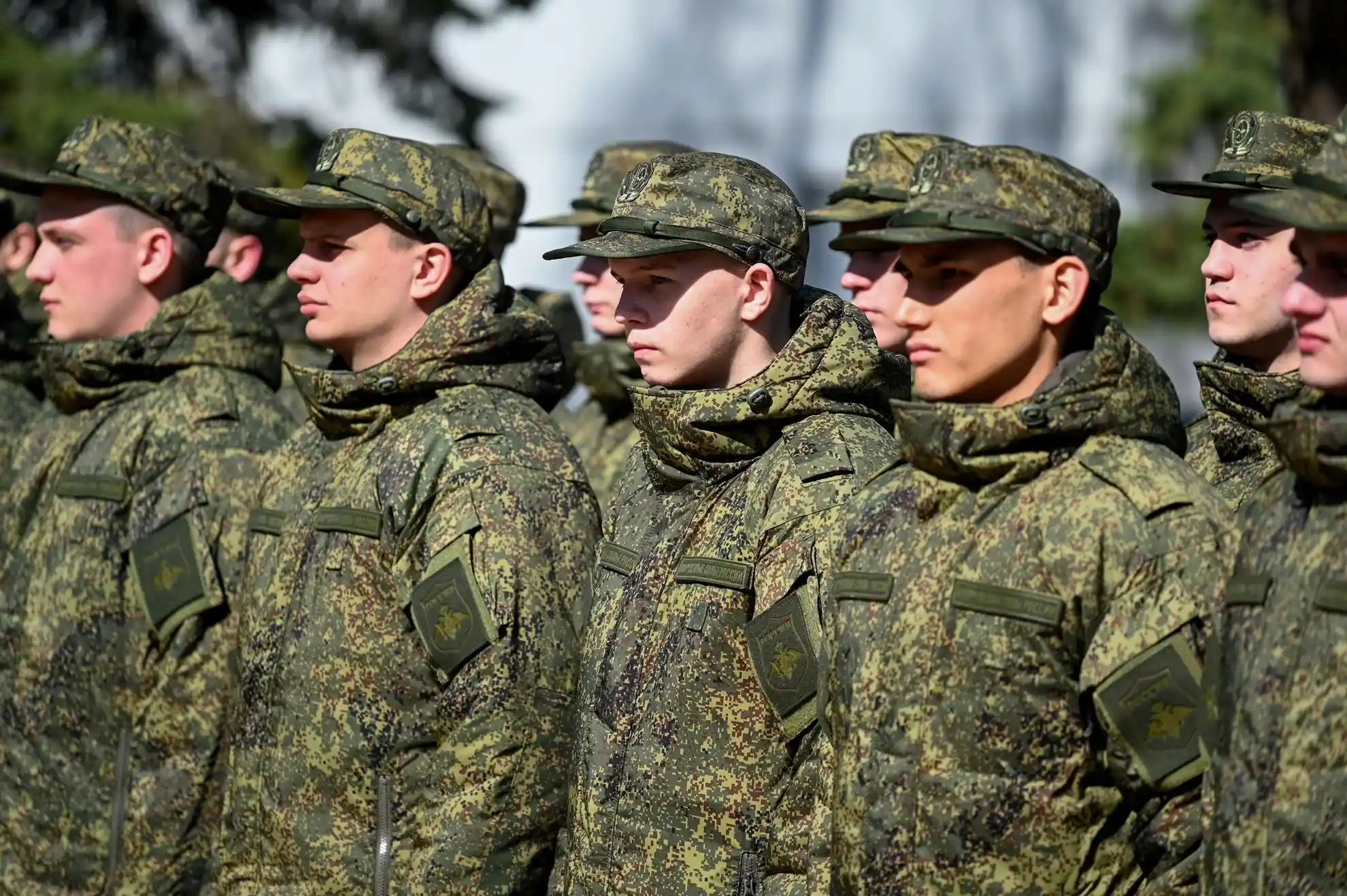According to Reuters, the Kremlin plans to use Glavprodukt, a U.S.-owned company that was placed under state control, to supply food to the Russian military. This move may jeopardize fragile diplomatic efforts between Moscow and Washington amid ongoing war in Ukraine.
Glavprodukt, a canned food manufacturer, was seized in October 2024. It is the only American company in Russia to be officially expropriated and transferred to state control. A letter from the new management, addressed to Russia’s Prosecutor General and obtained by Reuters, justifies the takeover as necessary “to ensure stable production,” including future supplies for the National Guard and the Ministry of Defense.
Government Seizure and Leonid Smirnov’s Case
Glavprodukt is now under the authority of Rosimushchestvo, Russia’s Federal Property Management Agency. The company was previously owned by Leonid Smirnov, a businessman based in Los Angeles. Russian prosecutors have accused Smirnov and his affiliated firms of transferring approximately 1.38 billion rubles (around $17 million) out of Russia between 2022 and 2024, as reported by the business outlet RBC.
On March 12, 2025, the Moscow Arbitration Court froze Glavprodukt’s assets at the request of the Prosecutor General’s Office. A hearing is scheduled for April 18. Smirnov has denied the allegations, calling the case a “Russian-style corporate raid” aimed at stealing his business.
The Prosecutor General’s Office has not responded to Reuters’ requests for comment, nor have the Ministry of Industry and Trade or Rosimushchestvo offered any statements about the future of Glavprodukt.
Who Benefits from the Seizure?
The letter obtained by Reuters also sheds light on those who stand to gain from the nationalization. It reveals that Rosimushchestvo appointed a new general director at Glavprodukt at the request of food supplier Druzhba Narodov.
According to a 2018 press release, Druzhba Narodov was the sole food supplier to the Russian National Guard in 2019–2020. A source familiar with the matter told Reuters that Glavprodukt had never supplied the Russian army before. The move may open up new avenues for lucrative defense contracts.
Connections to a Former Agriculture Minister
Ownership of Druzhba Narodov is currently classified. However, as Kommersant reported in 2022 citing then-public data from Russia’s corporate registry (EGRUL), the company had been acquired by entities linked to the agricultural holding Agrocomplex named after N. I. Tkachev. Both Druzhba Narodov and Agrocomplex reportedly share the domain name agrocomplex.ru for company email addresses, according to website data and filings from Russia’s Spark registry.
Reuters could not independently verify this information as it has since been classified. Neither Druzhba Narodov nor Agrocomplex responded to requests for comment.
According to Agrocomplex’s 2025 independent audit filings reviewed by Reuters, the company is ultimately owned by Alexander Tkachev. He was sanctioned by the European Union in 2014 for supporting Russia’s annexation of Crimea and was appointed Minister of Agriculture the following year. Tkachev currently chairs Agrocomplex’s board of directors.
Political Implications and Potential Fallout
As Reuters notes, the future of Glavprodukt and the treatment of its American owner could become a key topic in upcoming U.S.–Russia negotiations aimed at ending the war in Ukraine. U.S. Secretary of State Marco Rubio has stated that the issue will be part of any conversation about resetting relations with Moscow.
The seizure of the U.S.-owned company comes amid a wider wave of asset nationalizations. Around a dozen European firms have already seen their Russian subsidiaries expropriated by presidential decree, including Danish brewer Carlsberg and Finnish utility Fortum. The Kremlin has warned that more foreign assets may be targeted.
Context: A War Economy in Motion
What was originally intended as a short military operation has, by April 2025, turned into a prolonged conflict entering its fourth year. The war has driven Russia to significantly increase defense spending and assert tighter control over strategic sectors, including food production. In 2022, Russia was already struggling to procure basic military supplies, including food, prompting a deeper government role in the economy.
The Glavprodukt case is no longer just about business ownership—it has become emblematic of a broader economic mobilization and a potential flashpoint in the already complex relationship between Russia and the West.
This article was prepared based on materials published by Reuters. The author does not claim authorship of the original text but presents their interpretation of the content for informational purposes.
The original article can be found at the following link: Reuters.
All rights to the original text belong to Reuters.





















